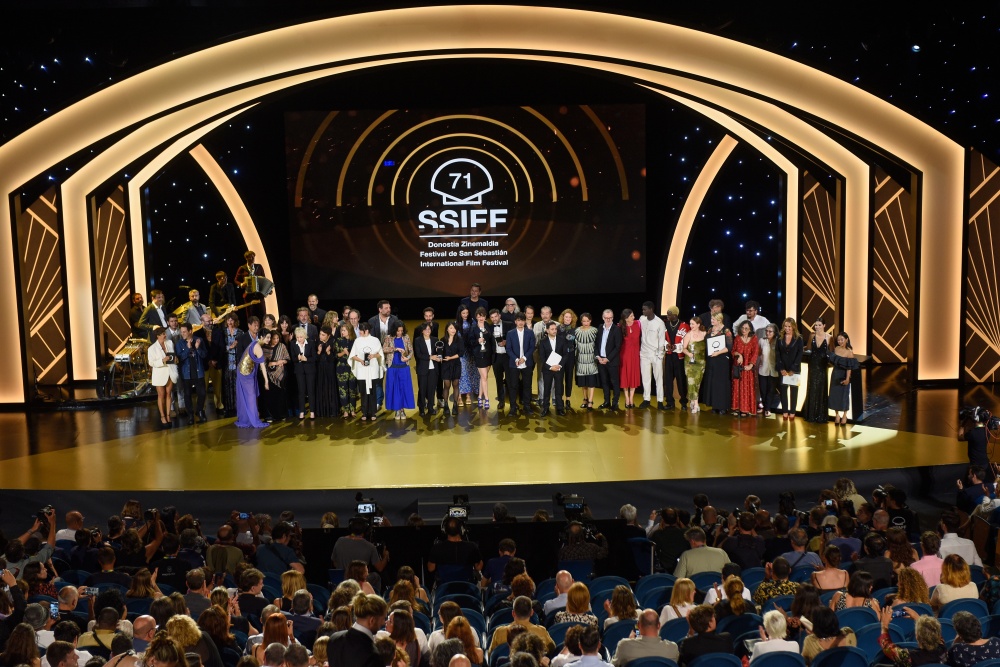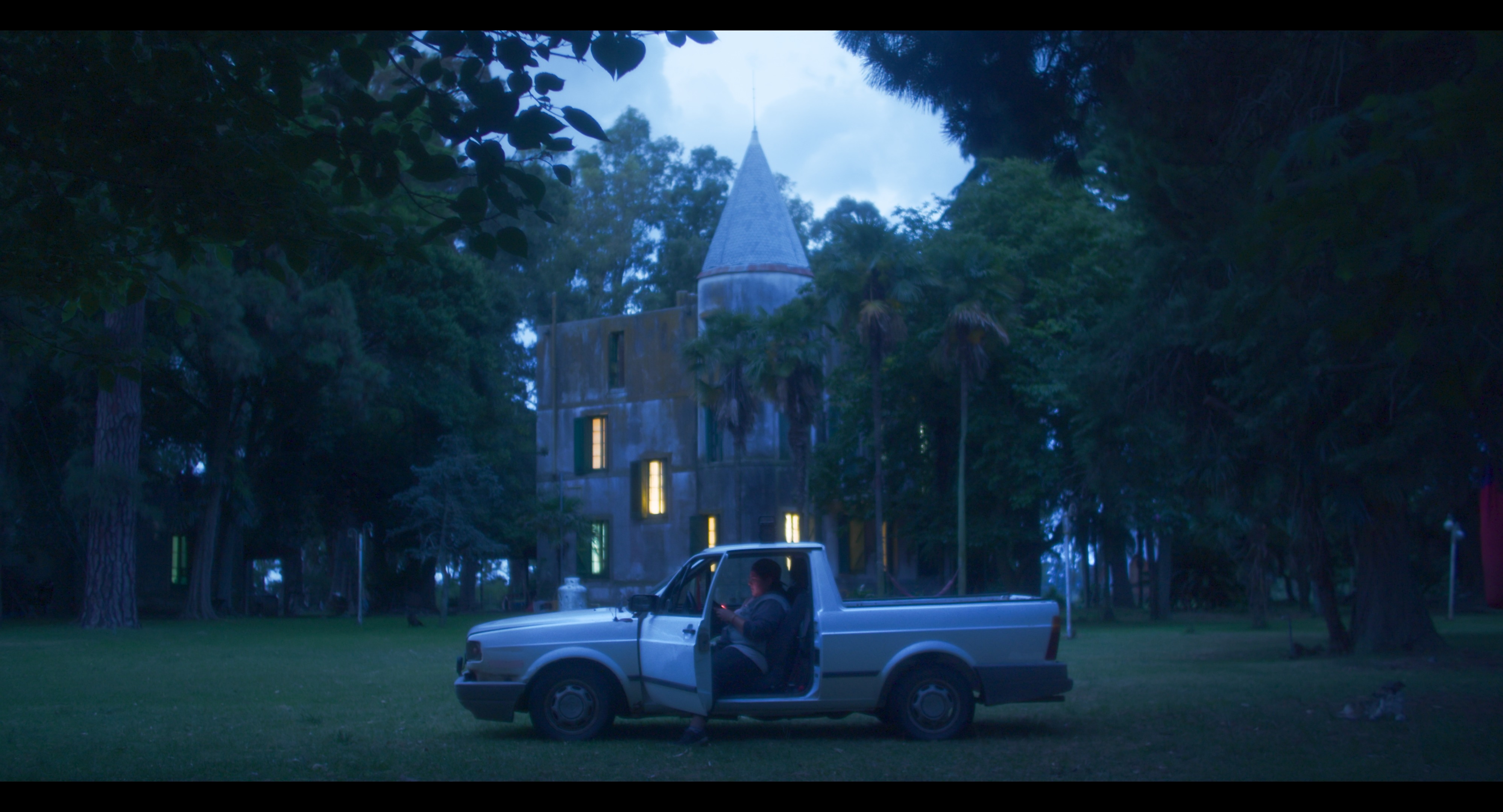Broken by each
- The hum of the film industry and the brilliance of international stars (this year more diffuse because of the historic strike of writers and US actors) often condemn less ambitious and lasting jobs. That's why today I'm going to be out of the category of feature films next to Accountants, Although it's at night and Mamantula.

Irati Gorostidi signs the series Contadores. He takes us to the Donostia factory in 1978 to learn about the concerns and expectations of striking workers in the metal agreement to sign. The film takes up two decisive moments. First, the dialogue between young workers on alternative life projects. The second, the most interesting, in which strikers must decide whether or not to accept the new convention during the rest of the day. As a kaleidoscope, the dynamic scene shows the faces and contributions of all workers. The collision of the different positions of the assembly, the atmosphere of tension and, above all, the responsibility that generates in the strikers the weight of the decision to take.
The Accountants are the result of research into community ways of life after the transition and precursors of a longer project. The work of the future, with the title of Anekumen, will be the history of workers who, disappointed by the taking of union power, will create a bathroom on the mountain.

Although at night the short is located in the poor Madrid district of La Cañada, where residents have been without electricity for almost three years. Directed by Guillermo García López, we are witnesses of the last days that two children of the neighborhood will spend together, for fifteen minutes, drawing their fondness to the videos, their life in the neighborhood and the future of the relationship of both adolescents.
Being so short, the events presented to us condition the direction and tempo of the tape. In this respect, it is a pity that the film cannot be interrupted any longer in the daily lives of both children. The family legends, the relationship of the protagonists and the dynamics of the young people in the neighborhood have seemed more interesting than the facts on which they are based. Although it is at night he has forcibly reminded me of the excellent The last spring that was presented at the 2020 Film Festival, also recorded with the families of La Cañada.

"Nobody understood the smell of his dark abdominal magnolia. No one knew he was martyring the hummingbird of love between his teeth," Lorca wrote. "The story of Ion de Sosa, an extraterrestrial spider man who paints a deadly venom making felations." Of course there is a difference, but like the verses of Lorca, the sensual darkness of the disturbing entomological thriller of the Donostiarra Ion de Sosa: Maman.
On the scene of the crime, Mamántula is a mysterious killer who leaves only the flesh of the victims and the viscose skins. Two policemen with gabardine, charismatic characters followed. They, like viewers, don't understand anything that's going on. Through an evil visual effect (intentionally) and a totally discarded script that is mistaken for sweat, blood and semen, the film aims to be explicit and dirty. At the same time, it has a marked aseptic and rigorous character, represented in the assembly, in cold, bluish images and in dry humor that remind the Scandinavian thriller of the table.
In the room, the answers have been generalist. On the one hand, the spectator’s laughter seemed to spend the funniest afternoon of his week and, on the other, the accusing rumor of the dominant couple that has escaped the projection. It is clear that the director has been amusing to the letter with the creation of this film and I at least buy Sosa's rare avis at ease. Well, better the weird one.
Victor Erice, winner of the Donostia Prize this year, asks the journalists of the Festival: “Do you know what the most permanent image holder is?” The answer is not digital media, not photochemical, but oil. Oil painting prevents the scarring of forgetfulness better than... [+]
As if he left the best for the end, it has been a memorable caress 71. Here, by Belgian director Bas Devos, I have seen the last day of the festival. Stefan, a Romanian construction worker, and Shuxiu, an expert researcher in mosses and daughters of Chinese migrants, are in... [+]
On the eighth day of the festival, cinema has lost all ritual and all signs of mysticism. The cinematic experience has become part of the routine: to be credited, to dismiss the staff of the room and to do it directly to the seat. Without magic, it's a mere formality. Today,... [+]
During the search for locations for the new documentary, Martín Benchimol met the castle, the sunset sign of the Argentine aristocracy. Fascinated, he wanted to meet the local owner. In this way, and full of strangeness, he met Justina, with tanned skin, who after spending his... [+]






















